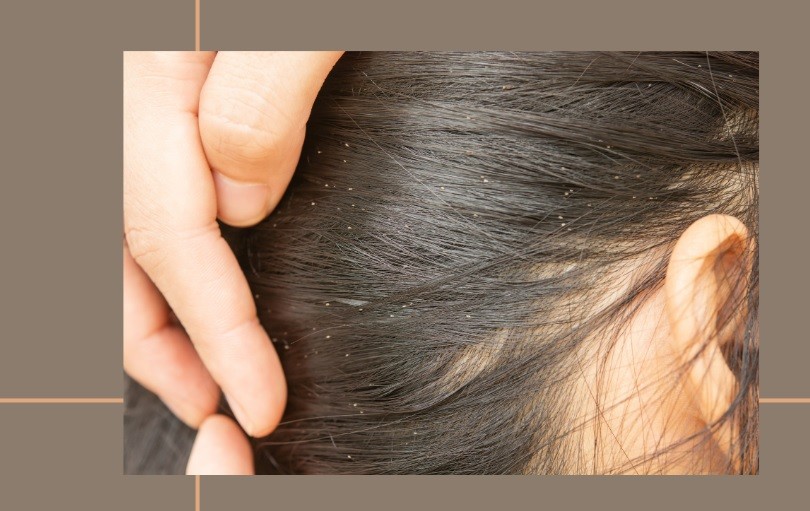Last Updated on March 28, 2025
Lice infestations are a common worldwide problem, especially for school-going children. Many believe that lice only infest dirty hair, but is this myth true? This article will explore the relationship between lice and clean hair to determine whether lice prefer clean or dirty hair.
What are Lice?
Lice are small parasitic insects that feed on human blood. They are highly contagious and spread quickly from person to person through close contact and sharing of personal items such as combs, brushes, hats, or headphones. Three types of lice can infest humans: head lice, body lice, and pubic lice. In this article, we will focus on head lice, the most common type of lice infestation.
Do Lice Prefer Clean or Dirty Hair?
Contrary to popular belief, lice do not prefer clean or dirty hair. Lice infestations are not caused by poor hygiene or cleanliness. Instead, lice are attracted to the scalp’s warmth and availability of food (human blood).
Lice have a survival instinct that drives them to move from one head to another in search of a new host. When a lice egg hatches, the newly born louse will crawl onto the nearest head to feed. Clean or dirty hair does not matter to lice as long as they can find food and a warm environment.
Why is the Myth of Lice Preferring Dirty Hair Persistent?
The myth that lice prefer dirty hair is a longstanding belief passed down from generation to generation. This myth may have originated from the fact that lice are easier to see in dirty hair because of the buildup of oil and other products that make the lice more visible.
Another reason for the persistence of this myth is the lack of proper information and education on lice. People may not understand how lice spread and the conditions they need to survive, leading them to believe that lice infestations result from poor hygiene.
How to Prevent Lice?
Lice infestations can be a common problem, especially among school-aged children. Lice are tiny parasitic insects that feed on human blood and can cause itching and discomfort. We will discuss some effective ways to prevent lice and keep your scalp lice-free.
Maintain Good Hygiene
One of the most effective ways to prevent lice is to maintain good hygiene. Regularly washing your hair and keeping it clean can reduce the risk of lice infestations. You should also wash your combs, brushes, and hair accessories regularly to prevent the spread of lice.
Avoid Sharing Personal Items
Lice can easily spread from person to person, so it’s essential to avoid sharing personal items such as combs, brushes, hats, and headphones. You should also avoid sharing beds, pillows, and towels with others to reduce the risk of lice infestations.
Keep Hair Tied Back
Keeping your hair tied back, especially when in close contact with others, can reduce the risk of lice infestations. This is because lice have a harder time moving from hair to hair when it’s tied back, making it more difficult for them to spread.
Use Lice-Preventive Products
There are several lice-preventive products available in the market, including sprays, shampoos, and conditioners. These products can help prevent lice by making it harder for them to attach to your hair and scalp. You can also use essential oils, such as tea tree oil, as a natural alternative to prevent lice.
Regularly Check for Lice
It’s important to check for lice, especially if you have children regularly. You can use a fine-toothed comb to check for lice and their eggs, also known as nits. If you find lice or nits, you should take immediate action to treat the infestation.
Lice infestations can be a common and uncomfortable problem, but there are several ways to prevent them. By maintaining good hygiene, avoiding personal sharing items, keeping hair tied back, using lice-preventive products, and regularly checking for lice, you can reduce the risk of lice infestations and keep your scalp lice-free.
Conclusion
In conclusion, lice do not prefer clean or dirty hair. Lice infestations are not caused by poor hygiene or cleanliness but by close contact with others with lice. The myth of lice preferring dirty hair is a longstanding belief that has been perpetuated for generations but is not true. The best way to prevent lice infestations is to practice good hygiene and follow proper lice treatment protocol if an infestation occurs.

